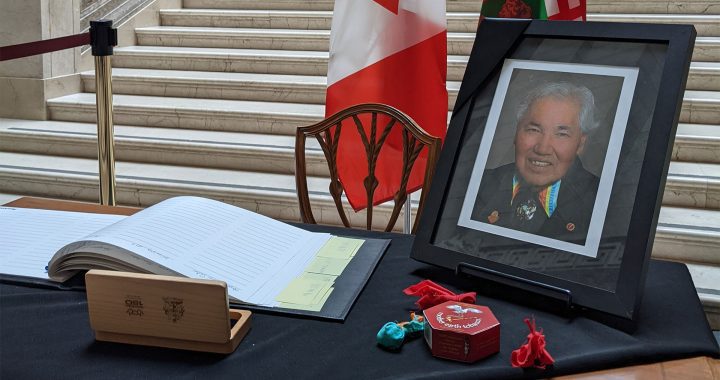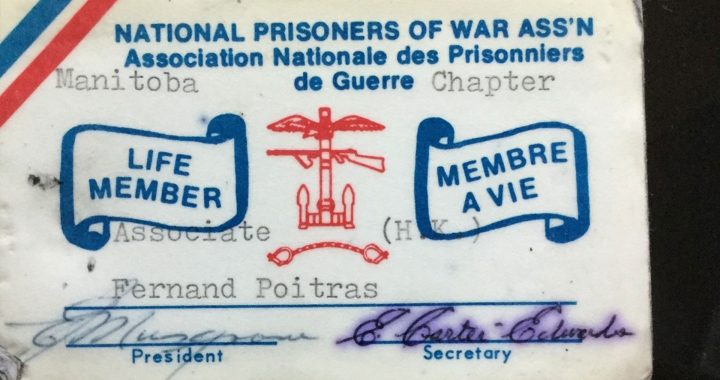The Canadian Radio-Television and Telecommunications Commission, or CRTC, is denying a request from a public interest group to see the financial details of a deal an impending sale of the North’s largest telecommunications provider to a consortium of Indigenous businesses.
In a written decision last month, the CRTC sided with Bell and Northwestel that details of the planned transaction should remain confidential.
“I don’t think that the public will get much information. That’s the real loser here,” said John Lawford, executive director and general counsel for the Public Interest Advocacy Center (PIAC), a non-profit organization that advocates for consumers in regulated industries.
Earlier this summer Sixty North Unity (SNU), a consortium of Indigenous development corporations from Yukon, Northwest Territories and Nunavut, announced its plans to purchase Northwestel for up to $1 billion cash. According to a press release, the money will be used by Bell to pay off its debts.
SNU’s website states it’s owned by Yukon First Nations Telco LP, Denendeh Investments Incorporated in N.W.T. and Kitikmeot Corporation in Nunavut.
According to the release, once the deal is completed, Northwestel is slated to be the largest fully Indigenous-owned telecommunications company in the world.
“Bell will maintain a strong and strategic partnership with Northwestel beyond the transaction close through ongoing operational support, and as Northwestel’s largest customer,” the release said.
Not much is publicly known about the transaction beyond the June press release.
The proposed sale caught the attention of the CRTC, which asked for financial details of the sale as part of an ongoing, independent quasi-judicial hearing centred on improving telecommunications in the North.
Bell filed an abridged version of the details for the public record, arguing that it wouldn’t be in the public interest to reveal sensitive information. Under the Telecommunications Act, parties can keep information confidential if doing so would cause direct harm to business dealings.
But the PIAC disagreed. It wrote a letter to the CRTC calling on it to make an exemption and force Bell to provide public documents about the sale or refile its answer with document and heading names revealed.
Lawford said Northwestel has a monopoly in the North, effectively booting out competition and that it’s unclear where the consortium will get the money to pay for the transaction.
He also noted telecommunications is an essential service for those living in the North, especially as communities are vulnerable to wildfires and other environmental emergencies.
“(The transaction) could be the best thing in the world for everybody. Or it could be a mix. Doing it in the dark for such a big, major, important, essential service is – I think – the wrong way to go about this,” he said.
CRTC sides with Bell, Northwestel
Bell refiled its answer with headings and names of documents, as requested by the PIAC, though it again refused to provide financial information about the sale.
The CRTC said in an Aug. 28 letter to the PIAC that it considered details of the sale to be “competitively sensitive.”
“Disclosure of this information could affect ongoing negotiations or allow competitors to anticipate Northwestel’s business strategies. As such, the Commission determines that no further disclosure is required by Bell Canada and Northwestel in this case,” it wrote.
Lawford said he wasn’t surprised by the decision as its standard practice, though he hoped for a different outcome.
“I don’t mean to disparage either party to the deal, and they might be doing it for all the right reasons. It’s all speculation unless they let us know,” he said.
However, Lawford noted Bell’s refiled answer did provide a glimpse into the inner workings of the sale, such as agreements that ensure Northwestel continues to have access to Bell’s wireless services, Bell will partner with Northwestel for its wireless needs and that both parties will continue to provide existing services to each other.
“A competitive company could view that and say, ‘Well, looks like a kind of preference to Bell Canada rather than using other providers,’ right? To give parts of service or wholesale connectivity to Northwestel,” he said.
“There’s still strings attached and maybe that’s the way you have to do it. But, you know, I would like to know and I suspect other competitors would want to know too.”
Bell and Northwestel said in a statement to APTN News it agreed with the CRTC’s decision and that revealing competitively sensitive information would be contrary to the standard practice.
A spokesperson for SNU said it recognizes the interest in the transaction and will have more details to share in the future.
Northwestel previously told APTN it will be several months before the transaction is finalized.









